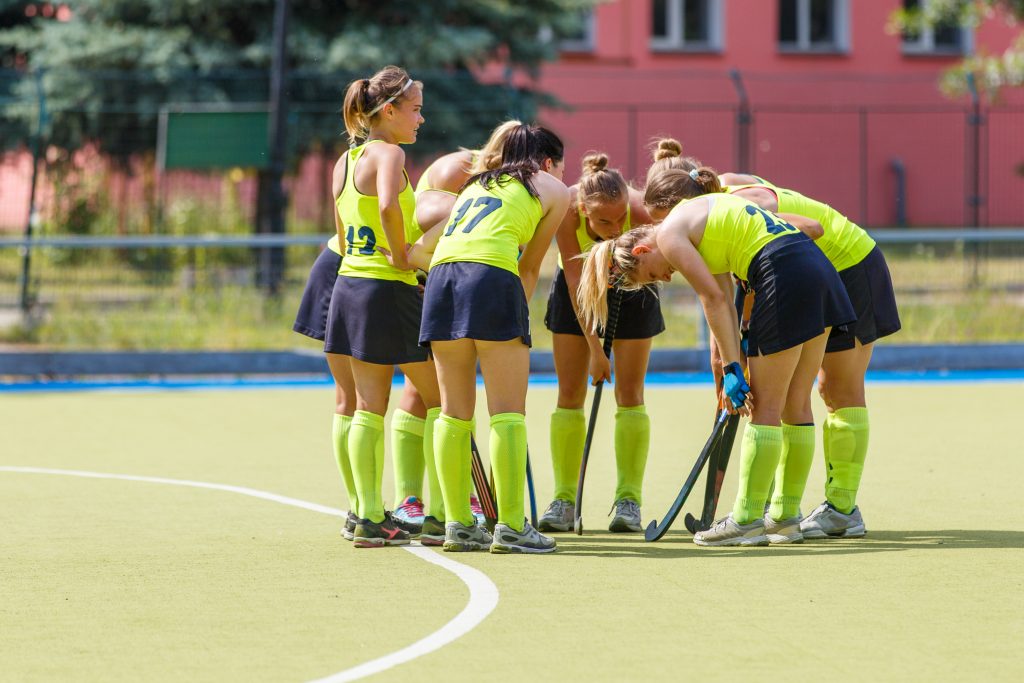Sport Governance Webinar: How Canadian Sport Organizations Can Learn From Australia’s New Governance Framework
The launch of Australia’s new Sport Governance Framework provides a world leading resource for sport organizations big and small. Join Dr. Geoff Schoenberg, one of the framework’s authors, for a webinar on the new framework and how you can use it to guide your organization to better governance.
Unconscious Bias
Unconscious biases, based on mistaken, inaccurate or incomplete information, affect our behaviour or decisions without us realizing. The first step to interrupting bias is awareness. This Catalyst blog discusses the most common types of unconscious bias (e.g. affinity bias, confirmation bias, name bias), and provides tactics to ensure they are not negatively influencing the workplace.
Six Keys to Gold Medal Governance

Unlike the young athlete who dreams of becoming a champion, few of us grow up dreaming about joining a board of directors. Many people join a board out of a sense of duty to an organization with which they have been involved, or because they thought it time for new leadership, or were recruited for…
Rural Sport Programs
Limited interest from funders, difficulty adapting evidence from urban settings, and a lack of capacity or buy-in can limit physical activity and sport programs in rural settings. To overcome these challenges, research suggests that developing broad-based partnerships, building on existing resources, and focusing on the long-term vision are key.
4-Day Work Week
Could a four-day work week be the future for Canada’s workforce? Research has shown employees can be as productive in 30 hours as they are in 40, because they waste less time and are better-rested.
COVID-19 Cancellations
“Taking the time to meet with partners and engage them in the decision-making helped ensure they were on board to support the necessary short-term actions, but also long-term plans for rescheduling and return to play.” Mark Eckert, CEO of Volleyball Canada, talks about the importance of communication and other lessons learned from the cancellation of…
Cycling Stress Test
A new stress test created to evaluate bike lanes in the city of Edmonton is helping researchers better understand what deters potential cyclists from the downtown core. The new “Level of Cycling Comfort framework” offers a more accurate assessment of cyclists’ comfort level than current guidelines and could help city planners remove hidden barriers to…
Virtual Volunteering
Virtual volunteering is a novel way to engage volunteers during persisting COVID-19 restrictions, but it doesn’t need to stop post-pandemic. Online opportunities can help sport organizations build their pool of volunteers, attract volunteers with diverse skill sets, and become a more flexible and inclusive organization.
Tips for aspiring leaders – You don’t have to be “born with it”!

This blog is the second installment in a series in collaboration with Queen’s University. As an assignment to build knowledge mobilization skills, Dr. Luc Martin, Associate Professor in the School of Kinesiology and Health Studies, tasked students in his third year team dynamics course to write a SIRC blog. The top five were submitted to SIRC, and will…
Evaluate Internal Comms
As organizations become accustomed to working-from-home, it may be time to evaluate internal communication practices. Sport leaders should take the time to assess team and individual needs, prioritize and flex regular meetings, share facilitation duties, and be creative with social connection opportunities.